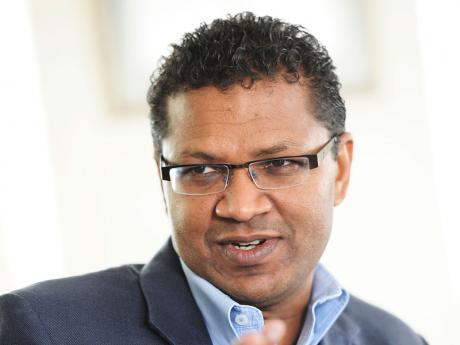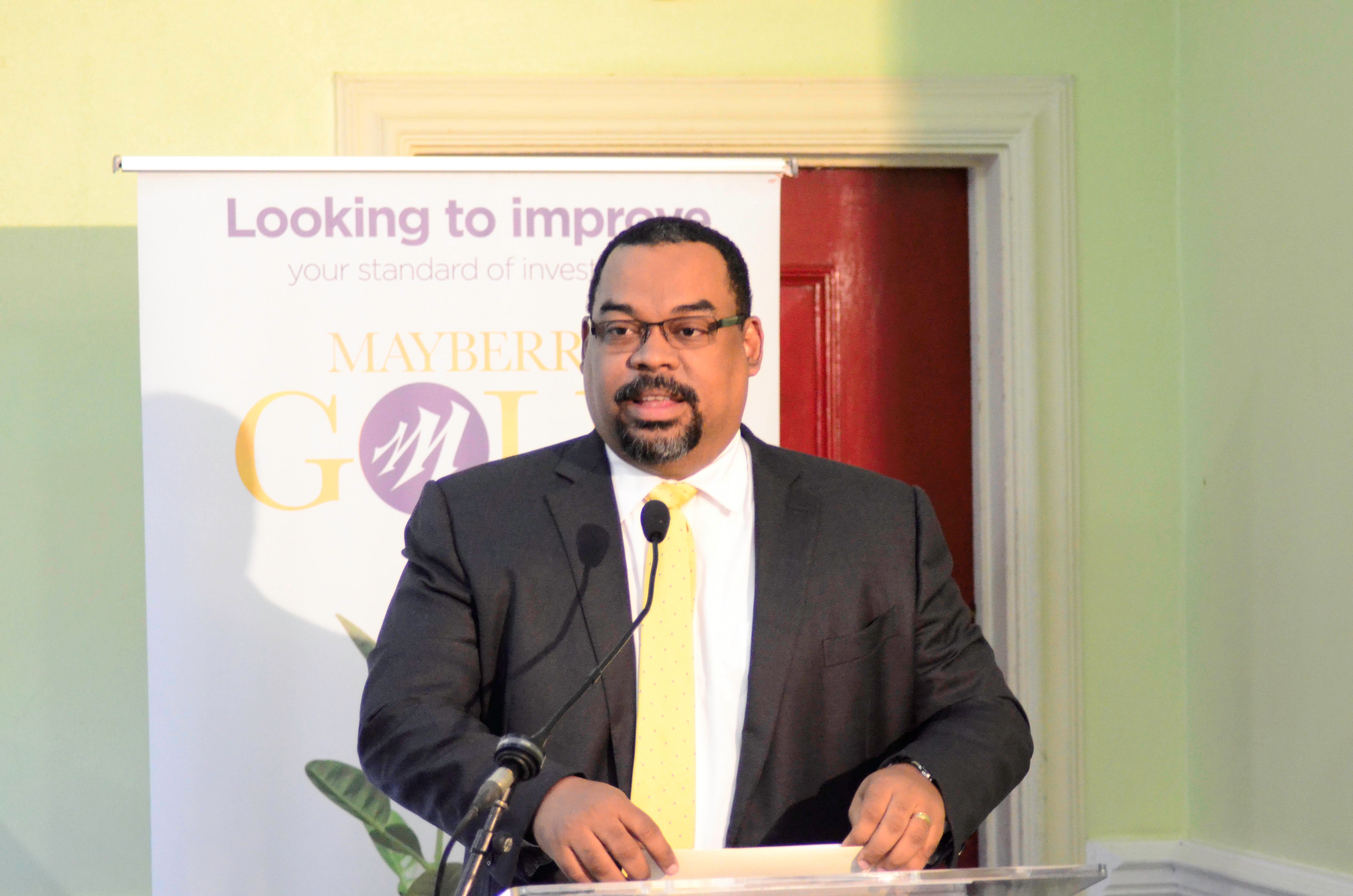Archive
The Key in a successful CEO – Optimism?
The researchers concluded that it costs companies more to compensate risk-averse CEOs because the companies have to pay more in salary and go the extra mile to encourage their chiefs to take on expensive investment projects that have more risk. Ultimately, firms match their CEOs’ personality traits in a way that cuts the cost of incentive compensation.
-

 Businessuite News24 International2 years ago
Businessuite News24 International2 years agoTELSTRA Officially Acquires DIGICEL PACIFIC
-

 Feedback & What You Think2 years ago
Feedback & What You Think2 years agoWhich Company Has The More Sustainable Business Model….Edufocal or ICREATE and Why?
-

 Marketing & Advertising2 years ago
Marketing & Advertising2 years agoWill Oliver Mcintosh’s Verticast Media Group Acquire CVM TV From Michael Lee Chin? Part 1
-

 Businessuite Women1 year ago
Businessuite Women1 year agoJoanna A. Banks Was Set To Become The Youngest And Most Powerful Woman In Corporate Jamaica And The Caribbean
-

 Businessuite 50 Power and Influence1 year ago
Businessuite 50 Power and Influence1 year agoBusinessuite Women- Power and Influence 50 For 2023
-

 Leadership Conversations1 year ago
Leadership Conversations1 year agoJeffrey Hall Is Set To Be One Of The Most Powerful Men In Corporate Jamaica And The Caribbean. So, Who Is He?
-

 Businessuite Markets2 years ago
Businessuite Markets2 years agoWhat Does Seprod’s Acquisition of Trinidad Based A.S. Bryden Have to Do with CEO Richard Pandohie’s Single Domestic Market Strategy?….Part 1
-

 RANKING2 years ago
RANKING2 years agoThe Businessuite Skin Index – Explained








